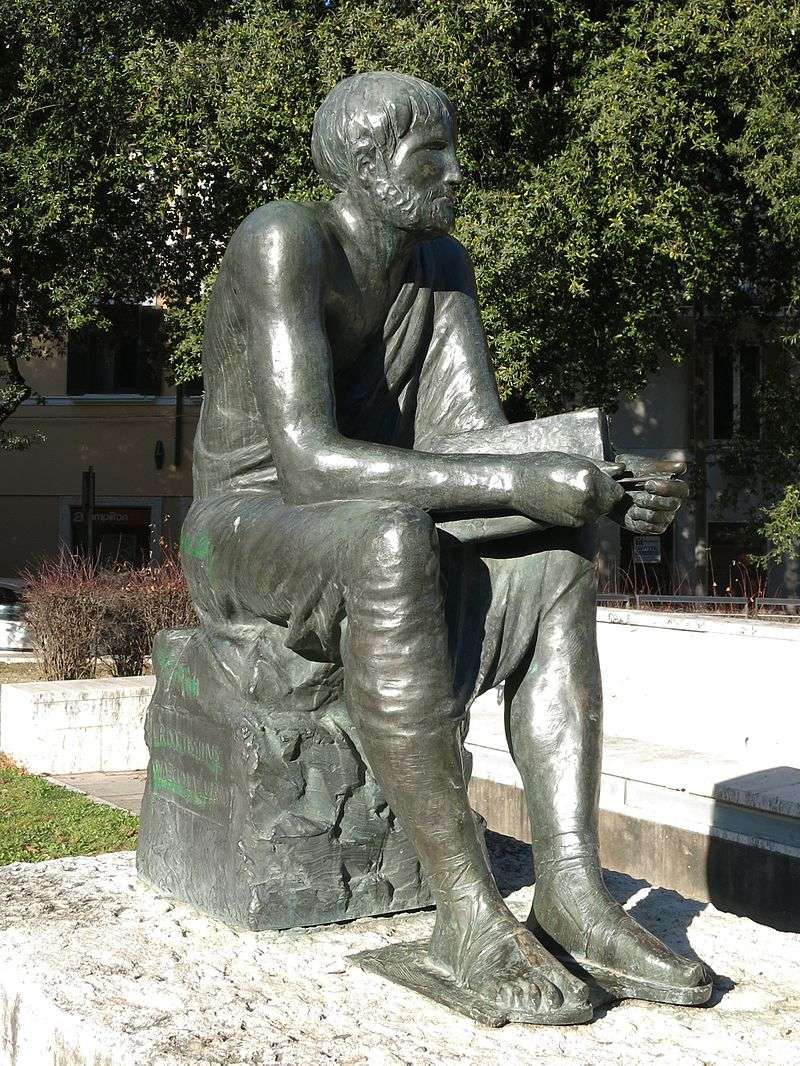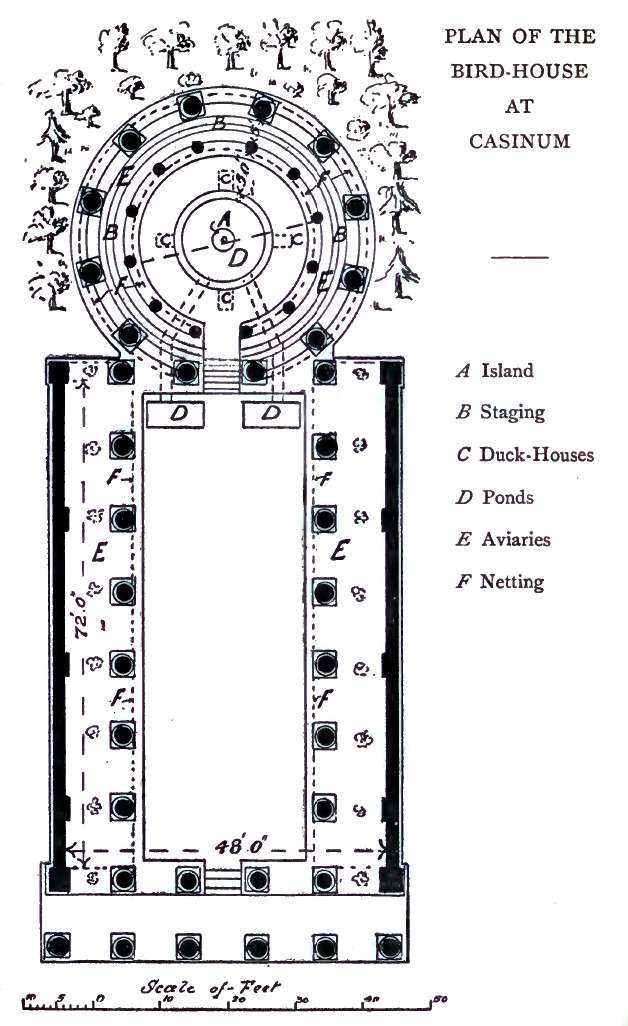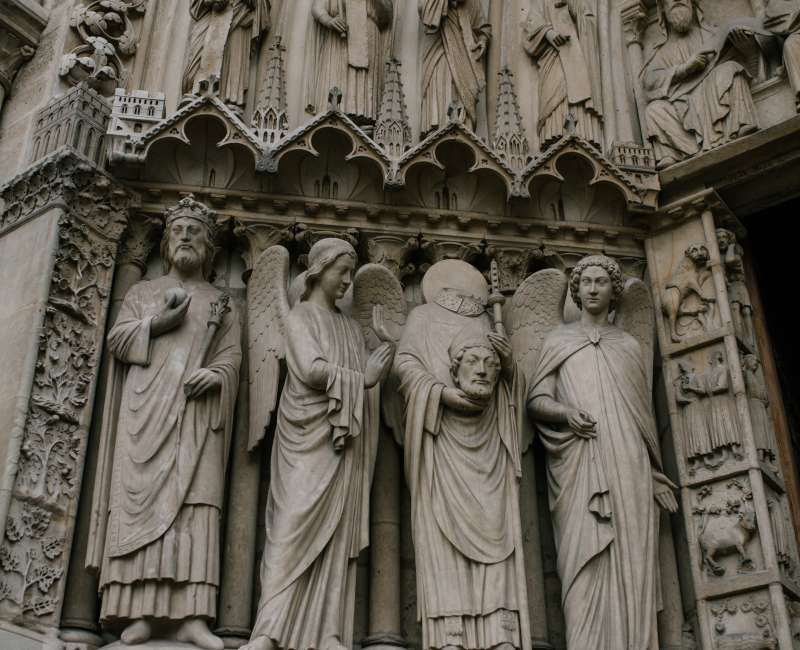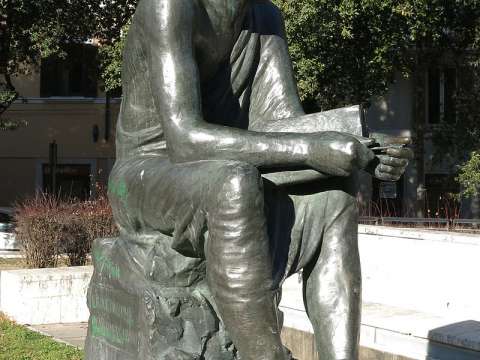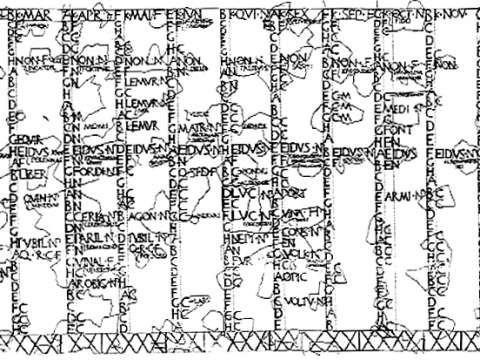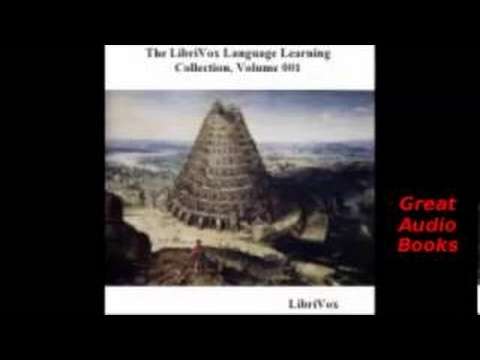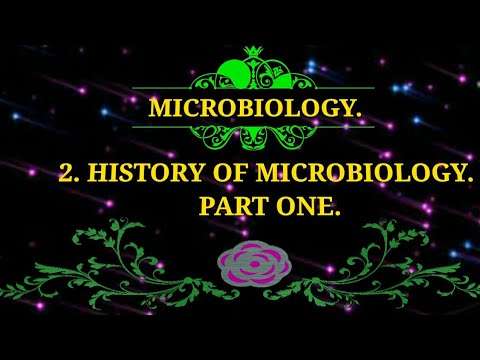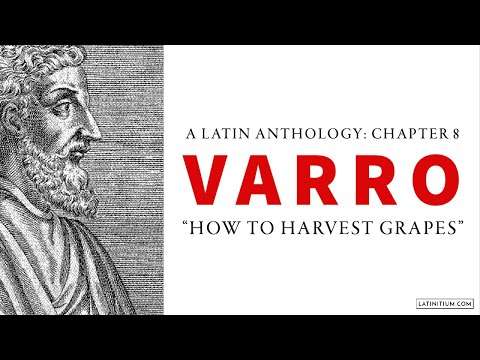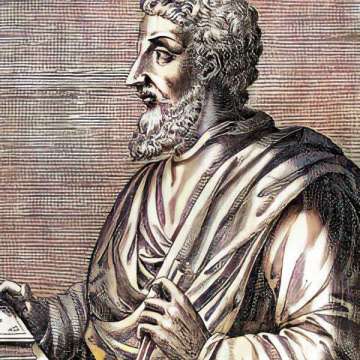

Marcus Terentius Varro (0116 B.C.-0027 B.C.)
Marcus Terentius Varro was one of ancient Rome's greatest scholars and a prolific author. He is sometimes called Varro Reatinus to distinguish him from his younger contemporary Varro Atacinus.
Biography
Varro was born in or near Reate now Rieti to a family thought to be of equestrian rank, and always remained close to his roots in the area, owning a large farm in the Reatine plain, reported as near Lago di Ripa Sottile, until his old age. He supported Pompey, reaching the office of praetor, after having been tribune of the people, quaestor and curule aedile. He was one of the commission of twenty that carried out the great agrarian scheme of Caesar for the resettlement of Capua and Campania 59 BC.
During Caesar's civil war he commanded one of Pompey's armies in the Ilerda campaign. He escaped the penalties of being on the losing side in the civil war through two pardons granted by Julius Caesar, before and after the Battle of Pharsalus. Caesar later appointed him to oversee the public library of Rome in 47 BC, but following Caesar's death Mark Antony proscribed him, resulting in the loss of much of his property, including his library. As the Republic gave way to Empire, Varro gained the favour of Augustus, under whose protection he found the security and quiet to devote himself to study and writing.

Varro studied under the Roman philologist Lucius Aelius Stilo, and later at Athens under the Academic philosopher Antiochus of Ascalon. Varro proved to be a highly productive writer and turned out more than 74 Latin works on a variety of topics. Among his many works, two stand out for historians; Nine Books of Disciplines and his compilation of the Varronian chronology. His Nine Books of Disciplines became a model for later encyclopedists, especially Pliny the Elder. The most noteworthy portion of the Nine Books of Disciplines is its use of the liberal arts as organizing principles. Varro decided to focus on identifying nine of these arts: grammar, rhetoric, logic, arithmetic, geometry, astronomy, musical theory, medicine, and architecture. Using Varro's list, subsequent writers defined the seven classical "liberal arts of the medieval schools".
In 37 BC, in his old age, he also wrote on agriculture for his wife Fundania, writing a "voluminous" work De re rustica also called Res rusticae—similar to Cato the Elder's similar work De agri cultura—on the management of large slave-run estates.
Calendars
The compilation of the Varronian chronology was an attempt to determine an exact year-by-year timeline of Roman history up to his time. It is based on the traditional sequence of the consuls of the Roman Republic—supplemented, where necessary, by inserting "dictatorial" and "anarchic" years. It has been demonstrated to be somewhat erroneous but has become the widely accepted standard chronology, in large part because it was inscribed on the arch of Augustus in Rome; though that arch no longer stands, a large portion of the chronology has survived under the name of Fasti Capitolini.
Works
Varro's literary output was prolific; Ritschl estimated it at 74 works in some 620 books, of which only one work survives complete, although we possess many fragments of the others, mostly in Gellius' Attic Nights. He was called "the most learned of the Romans" by Quintilian, and also recognized by Plutarch as "a man deeply read in Roman history".
Varro was recognized as an important source by many other ancient authors, among them Cicero, Pliny the Elder, Virgil in the Georgics, Columella, Aulus Gellius, Macrobius, Augustine, and Vitruvius, who credits him VII.Intr.14 with a book on architecture.

His only complete work extant, Rerum rusticarum libri tres Three Books on Agriculture, has been described as "the well digested system of an experienced and successful farmer who has seen and practised all that he records."
One noteworthy aspect of the work is his anticipation of microbiology and epidemiology. Varro warned his contemporaries to avoid swamps and marshland, since in such areas
...there are bred certain minute creatures which cannot be seen by the eyes, but which float in the air and enter the body through the mouth and nose and cause serious diseases.
Extant works
- De lingua latina libri XXV or On the Latin Language in 25 Books, of which six books V–X survive, partly mutilated
- Rerum rusticarum libri III or Agricultural Topics in Three Books
Known lost works
- Saturarum Menippearum libri CL or Menippean Satires in 150 books
- Antiquitates rerum humanarum et divinarum libri XLI Antiquities of Human and Divine Things
- Logistoricon libri LXXVI
- Hebdomades vel de imaginibus
- Disciplinarum libri IX An encyclopedia on the liberal arts, of which the first book dealt with grammar
- De rebus urbanis libri III or On Urban Topics in Three Books
- De gente populi Romani libri IIII cf. Augustine, 'De civitate dei' xxi. 8.
- De sua vita libri III or On His Own Life in Three Books
- De familiis troianis or On the Families of Troy
- De Antiquitate Litterarum libri II addressed to the tragic poet Lucius Accius; it is therefore one of his earliest writings
- De Origine Linguae Latinae libri III addressed to Pompey; cf. Augustine, 'De civitate dei' xxii. 28.
- Περί Χαρακτήρων in at least three books, on the formation of words
- Quaestiones Plautinae libri V containing interpretations of rare words found in the comedies of Plautus
- De Similitudine Verborum libri III on regularity in forms and words
- De Utilitate Sermonis libri IIII on the principle of anomaly or irregularity
- De Sermone Latino [it] libri V ? addressed to Marcellus, on orthography and the metres of poetry
- De philosophia cf. Augustine, 'De civitate dei' xix. 1.
Most of the extant fragments of these works mostly the grammatical works can be found in the Goetz–Schoell edition of De Lingua Latina, pp. 199–242; in the collection of Wilmanns, pp. 170–223; and in that of Funaioli, pp. 179–371.
More facts
Spartacus (2004)

